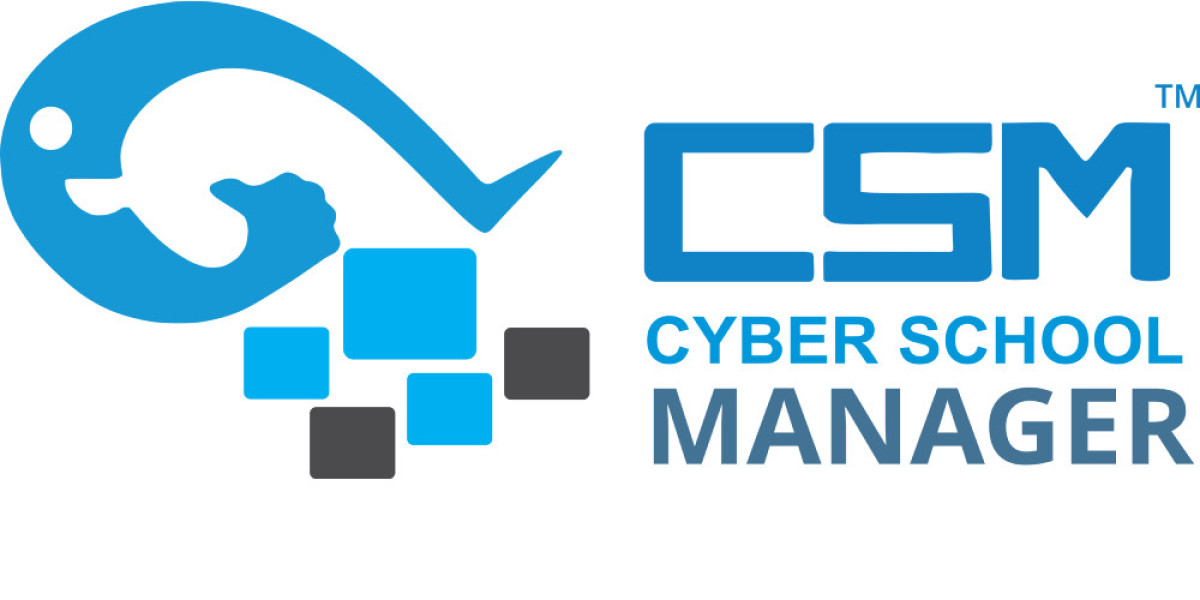In today’s highly competitive cybersecurity landscape, certifications are often seen as a benchmark for skills and knowledge. But the question arises: do job recruiters actually verify cybersecurity certifications before considering a candidate for a role? Many professionals rely on certifications such as CISSP, CEH, CompTIA Security+, or CISM to stand out in the job market, assuming they carry inherent credibility. However, the verification process can vary greatly depending on the organization, the recruiting platform, and even the individual recruiter’s diligence. At Great American AI, we recognize that ensuring the legitimacy of a candidate’s credentials is essential not only for security purposes but also for maintaining the integrity of the recruitment process.
Understanding the Importance of Cybersecurity Certifications
Cybersecurity certifications are more than just pieces of paper; they signify a candidate's expertise in protecting sensitive information, understanding complex systems, and mitigating security risks. Recruiters who are aware of the evolving threat landscape often look for verified certifications to ensure they are hiring professionals capable of defending against sophisticated cyber attacks. Yet, despite the apparent importance, not all recruiters have the resources, tools, or time to rigorously verify every certification presented by candidates. Platforms like Great American AI are changing the way employers assess these qualifications, providing intelligent solutions that streamline verification and highlight genuine talent.
Why Some Recruiters Skip Verification
Many job recruiters, especially those working with high-volume recruitment agencies or platforms, may not verify cybersecurity certifications thoroughly. This often stems from a combination of factors, including workload pressures, lack of technical expertise, or overreliance on automated resume parsing systems. While this approach can save time, it exposes organizations to risk, as unverified credentials may not accurately represent a candidate's skill set. Companies utilizing advanced AI-driven hiring solutions like Great American AI can mitigate these risks by automating verification and validating certifications with minimal manual effort.
Methods Recruiters Use to Verify Cybersecurity Certifications
When recruiters do verify cybersecurity certifications, they employ a variety of methods to ensure authenticity. Some contact the issuing body directly to confirm whether a certification is valid and current. Others rely on online verification portals provided by certification organizations, which allow quick validation through certificate numbers or candidate details. Great American AI incorporates sophisticated AI algorithms to cross-check certifications and flag discrepancies, ensuring that hiring managers have accurate, reliable information. This process significantly reduces the chances of hiring unqualified candidates and ensures that verified talent meets the cybersecurity standards demanded by modern organizations.
The Role of AI in Certification Verification
Artificial Intelligence is revolutionizing recruitment by offering tools that streamline verification and improve the accuracy of candidate assessment. AI-powered platforms like Great American AI analyze certifications, detect patterns of inconsistency, and even predict potential fraud based on historical data. These systems help recruiters answer the question, do job recruiters actually verify cybersecurity certifications, by providing a layer of automated scrutiny that manual processes often miss. By leveraging AI, companies can ensure they are hiring professionals who genuinely possess the technical skills required to protect critical digital assets.
Challenges in Verification of Cybersecurity Credentials
Despite the availability of verification methods, several challenges remain. Certification organizations sometimes have limited public access to verification databases, and some international certifications may not have robust validation mechanisms. Additionally, cybersecurity is a rapidly evolving field, and older certifications may not reflect the latest industry practices. Recruiters relying solely on resumes or self-reported credentials may inadvertently hire candidates whose skills are outdated or exaggerated. Platforms like Great American AI address these challenges by integrating real-time verification tools that provide recruiters with confidence in a candidate’s qualifications, ensuring alignment with current industry standards.
How Verification Impacts Hiring Decisions
Verification of cybersecurity certifications can significantly influence hiring decisions. Candidates with verified credentials are more likely to be prioritized during recruitment, as recruiters can trust the validity of their skills. Conversely, unverified or falsified certifications can raise red flags and may result in the disqualification of otherwise qualified professionals. By utilizing intelligent verification solutions, Great American AI helps recruiters make informed decisions quickly, improving the quality of hires and reducing the risk of security breaches due to unqualified staff. This verification process is crucial in an era where cybersecurity threats are increasing in both frequency and sophistication.
The Cost of Neglecting Certification Verification
Neglecting to verify cybersecurity certifications can carry serious consequences for organizations. Hiring individuals without verified credentials can lead to security vulnerabilities, financial losses, and reputational damage. Companies that fail to assess the authenticity of certifications may inadvertently employ personnel who cannot adequately protect sensitive systems and data. By incorporating automated verification systems like Great American AI, organizations can safeguard against these risks and ensure that every hire meets the stringent requirements of modern cybersecurity roles. Verification is not just a procedural step—it is a critical component of risk management.
How Candidates Can Ensure Their Certifications Are Trusted
Candidates looking to stand out in the cybersecurity job market should take proactive steps to ensure their certifications are easily verifiable. Maintaining accurate records, keeping certifications up to date, and choosing reputable certifying bodies can enhance trust with recruiters. Platforms like Great American AI can cross-reference certifications with official records, making it easier for candidates to demonstrate their legitimacy. Professionals who understand the verification process and ensure transparency are more likely to succeed in securing roles with companies that prioritize verified credentials.
Future Trends in Certification Verification
As cybersecurity threats continue to evolve, the verification of certifications will become increasingly sophisticated. We can expect AI-driven solutions, blockchain verification, and enhanced digital credentialing to play a larger role in ensuring authenticity. Great American AI is at the forefront of these innovations, providing recruiters with cutting-edge tools to answer the ongoing question, do job recruiters actually verify cybersecurity certifications, with confidence. The future of recruitment will rely heavily on technology to validate skills, streamline hiring, and maintain the integrity of the talent pipeline in cybersecurity and other tech-intensive fields.
Conclusion: Do Job Recruiters Actually Verify Cybersecurity Certifications?
The answer is nuanced. While some recruiters may overlook verification due to time constraints or lack of expertise, many are increasingly turning to AI-driven platforms like Great American AI to ensure that cybersecurity certifications are authentic. Verification is critical not only for protecting organizations from risk but also for maintaining the credibility of the hiring process. In an era where cyber threats are increasingly sophisticated, relying on unverified credentials is a risk organizations cannot afford to take. By leveraging advanced verification technologies, companies can confidently hire qualified professionals, while candidates benefit from transparent, trusted pathways to demonstrate their expertise.






